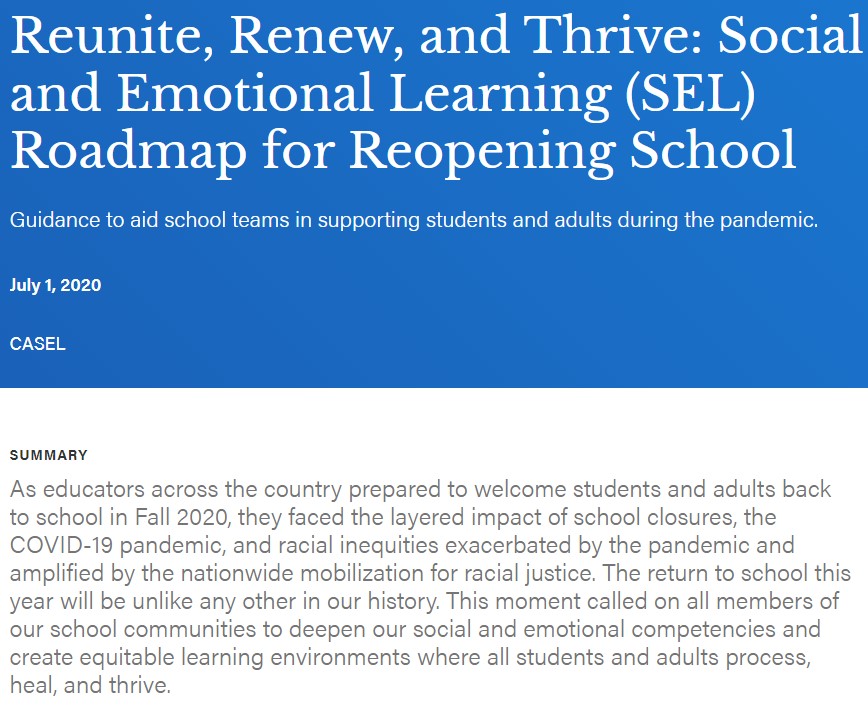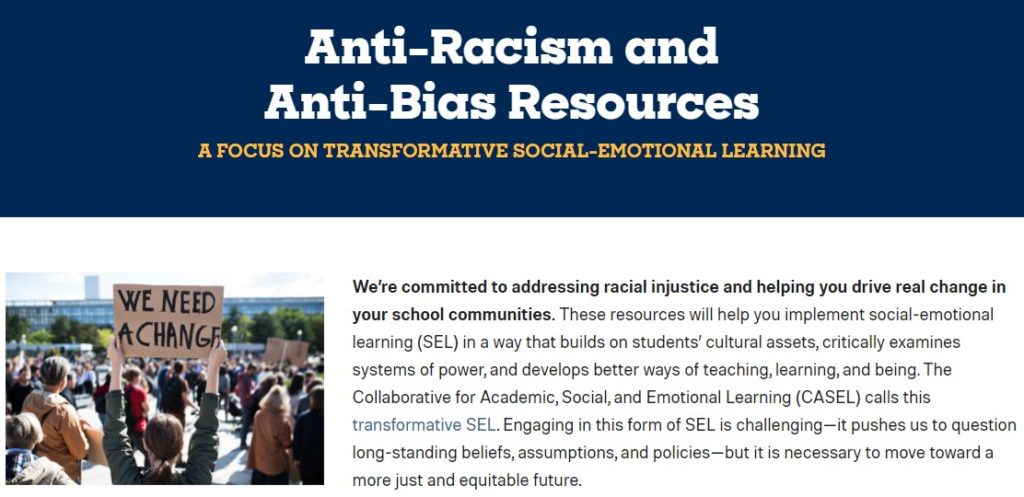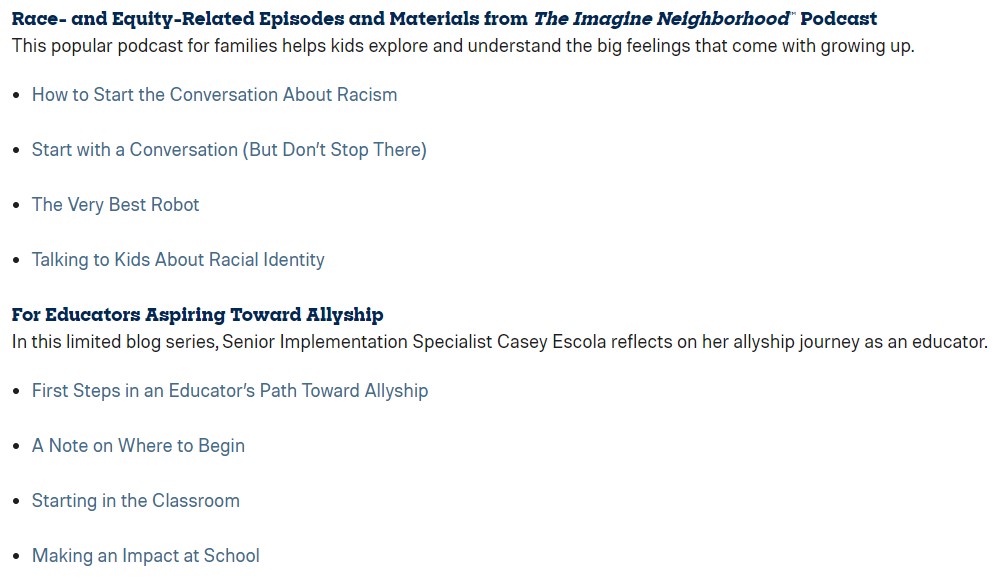
Bismarck Public Schools implements “culturally responsive practices”; uses SEL to teach young students about “respect”
Incidents
Bismarck Public Schools stated in its strategic plan for 2020-2025 that a goal is for “all educators [to] implement research-based instructional strategies, inclusive of social emotional support, culturally responsive practices, success skills, and disciplinary literacies.” The term “culturally responsive” is often used to describe a method of teaching that includes the race and ethnicity of students as part of the lessons taught in classrooms.
The school district’s website lists open positions including an “Indian Education Director” and a “Cultural Responsive Coordinator.” The description of the Indian Education Director position specifically states that the person who fills this role “collaborates with district leadership, faculty and students for the purpose of promoting a climate of equity including initiatives on culturally responsive teaching, pedagogy and competency, implicit bias and other topics designed to increase awareness of equity and inclusion values.”
In a document labeled “R-4 Citizenship” that was created in October 2021, the school district explained that it is “making reasonable progress” to ensure that students “demonstrate cultural competency.” The school district explains in the document that a goal is to teach students “respect.” The school district further explains that it is using material from CASEL to implement Social Emotional Learning (SEL) in an effort to teach young children in elementary schools “respect.” Middle schools in the district are implementing SEL through the organization Second Step. On March 26, 2021, the school district also published a newsletter promoting using CASEL to teach SEL.
A document from October 2019 on the school district’s website states that CASEL “has identified five core SEL competencies that our Bismarck Public School District will be using as described below.” These five competencies are “self-awareness,” “self-management,” “social awareness,” “relationship skills,” and “responsible decision making.” The document then explains that “students will receive a score for each competency area for each trimester.”
CASEL is an organization that works with school districts throughout the country to use SEL in an effort to push “equity” and “social justice” in education. On July 1, 2020, CASEL promoted “racial justice” in discussing its roadmap for reopening schools during the COVID-19 pandemic. In explaining the importance of the reopening process for schools, the organization stated that “this moment called on all members of our school communities to deepen our social and emotional competencies and create equitable learning environments where all students and adults process, heal, and thrive.” CASEL also published a video in 2020 titled “SEL As a Lever for Equity and Social Justice.”

Second Step states on its website that the organization is “committed to addressing racial injustice and helping you drive real change in your school communities.” The organization also provides resources for educators to implement equity into the classroom. Two of the resources that Second Step offers are called “Talking to Kids About Racial Identity” and “Starting in the Classroom.”


Stay Informed
